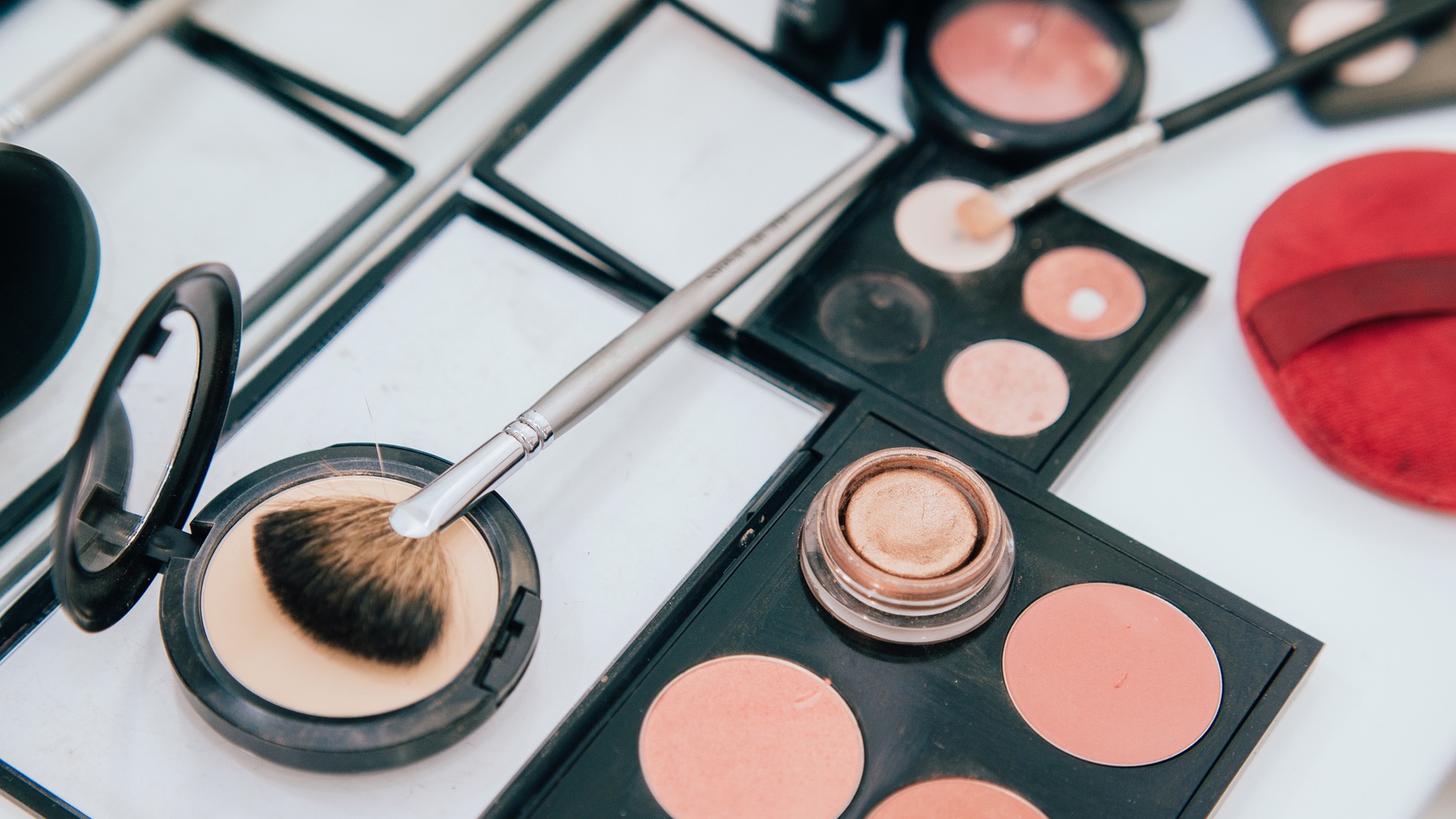British model Leomie Anderson shares she went through a nightmare makeup experience while prepping to walk in the Christian Cowan show at this year's New York Fashion Week. The model posted a now-viral TikTok video where she revealed she had to go through makeup at least three times before ultimately doing her own .
Being a black model is doing other people’s jobs and not being paid for the extra work looool pic.twitter.com/mSTmBsDb5Q
— l. anderson (@Leomie_Anderson) October 24, 2021
Anderson posted the video on Sunday but foreshadowed the experience days before.
"I am so sad that I have a 7am call time tomorrow. Let us just pray I don’t have to do my own makeup because I’m going to be so tired," she tweeted.
In the clip, the model begins by saying that she makes sure to keep a full makeup kit with her in case of emergencies, like the one viewers witnessed. Despite asking who could do makeup on Black skin, she still goes from looking fresh and natural to appearing like she "works in the mines." She added that she thought her face looked "clapped," and wrote in the caption, "I told him it wasn't my colour, he is trash."
Leaving the makeup station briefly to have her hair dried and worked on, Anderson chronicled the experience, saying that the hairdressers were "hurting her" with their rough techniques.
"No one dried it until the last minute," she continued.
Shortly after, another makeup artist attempted to fix the job, though it didn't turn out as she hoped either.
"Good try girl but felt ugly af," she said, before sharing that she "redid my whole face in 10 minutes, can't go out sad."
"By the time I walked the runway I wanted to go home," Anderson said, including photos of her captivating strut in the show.
She closed the video urging the fashion industry to hire more Black hairstylists and makeup artists. According to the Daily Mail, Anderson's reputable modeling career includes a number of big-name fashion brands. She's walked for Ralph Lauren, Moschino, Oscar de la Renta, Giorgio Armani, Burberry and Chloé.
This isn't the first time Anderson has highlighted inequities in the fashion industry. While speaking with The Guardian in May, she discussed the differences in the industry's performative and genuine progress.
"There are more opportunities for black models today. When I started it was an isolating experience, you really felt alone. But often the motivation of brands or companies is tokenism, or the fear of being called out. Ticking a diversity box isn’t good enough. That’s presentation, not structural change," she said.
"Black women are asked to do a lot of free labor, to speak up on everything. Some days I don’t feel like it. I’m a human being, not a machine, but that doesn’t mean I don’t care," she continued.
